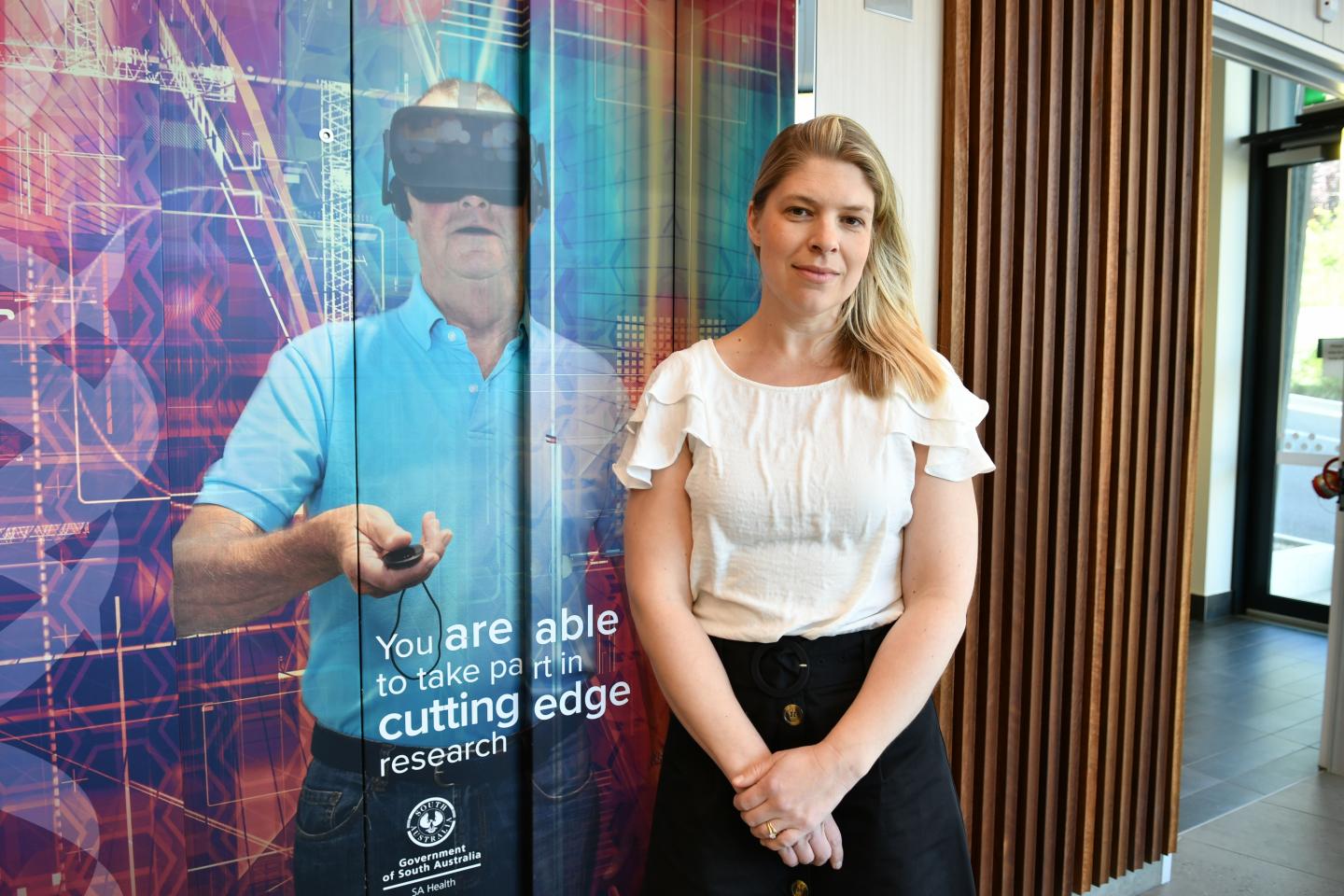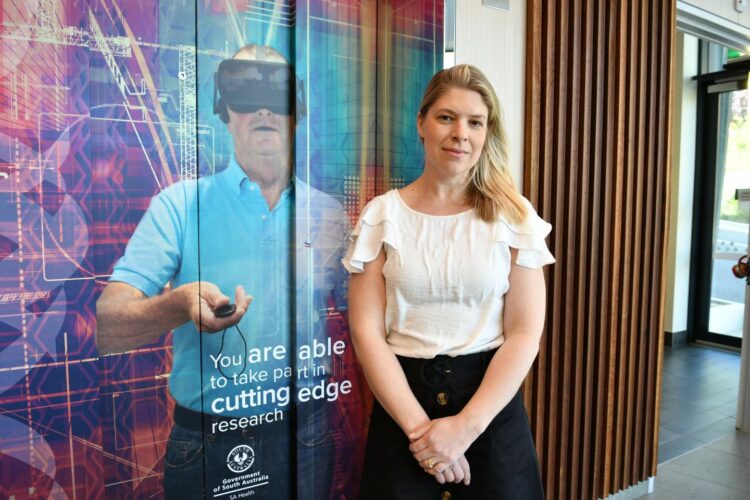Telehealth as good as face-to-face health services

Credit: Flinders University
Telehealth delivery of dementia care in the home can be as effective as face-to-face home visit services if carers and recipients take advantage of the technologies available, Australian researchers say.
Dementia affects almost 50 million people worldwide, which is predicted to increase to 131.5 million people by 2050. Every three seconds someone in the world develops dementia.
The study of 63 people living with mild to moderate dementia, and their care partners, found that telehealth services using videoconferences can save travel time – particularly in rural and remote areas – and equip families with strategies to promote independence in the person with dementia.
Giving care partners strategies to cope with, and delay, functional decline in people living with dementia is a priority, given that about 70% of people with dementia live in their own home with support from family members and friends for assistance,” says lead researcher Flinders University Associate Professor Kate Laver, an ARC Discovery Early Career Research Fellow and occupational therapist.
“Giving families evidence-based information and skills can promote independence and improve quality of life and wellbeing for people with dementia,” she says.
Telehealth promises to provide a more affordable alternative for older people living at home, including those with chronic health conditions.
Researchers conclude that the use of telehealth technologies to deliver non-pharmacologic interventions for people with dementia and their care partners may reduce the costs of delivering the intervention, increase accessibility, and facilitate research translation.
###
The paper, ‘Does Telehealth Delivery of a Dyadic Dementia Care Program Provde a Noninferior Alternative to Face-to-Face Delivery of the Same Program? A Randomized, Controlled Trial’ by K Laver, E Liu, L Clemson, O Davies, L Gray, LN Gitlin and M Crotty has been published in the American Journal of Geriatric Psychiatry. DOI: 10.1016/j.jagp.2020.02.009
https:/
Media Contact
Kate Laver
[email protected]
Original Source
https:/
Related Journal Article
http://dx.





